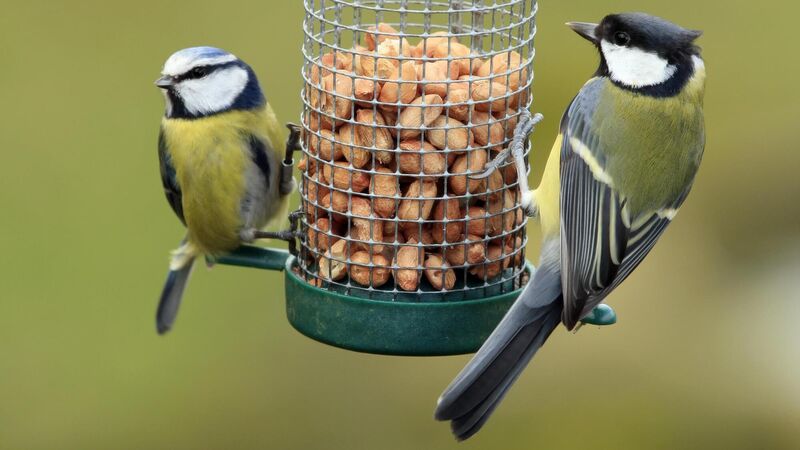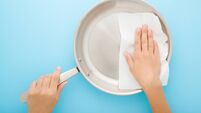Life Hack: How to stop mice from eating bird food — and the foods to add to repel rodents

There’s a noticeable drop in temperatures lately and with winter approaching many of us will be leaving seed out for wild birds who may struggle to find food themselves in the cold hard ground.
There’s a noticeable drop in temperatures lately and with winter approaching many of us will be leaving seed out for wild birds who may struggle to find food themselves in the cold hard ground.
It can be very enjoyable to watch a variety of feathered creatures visiting your home to find food.









